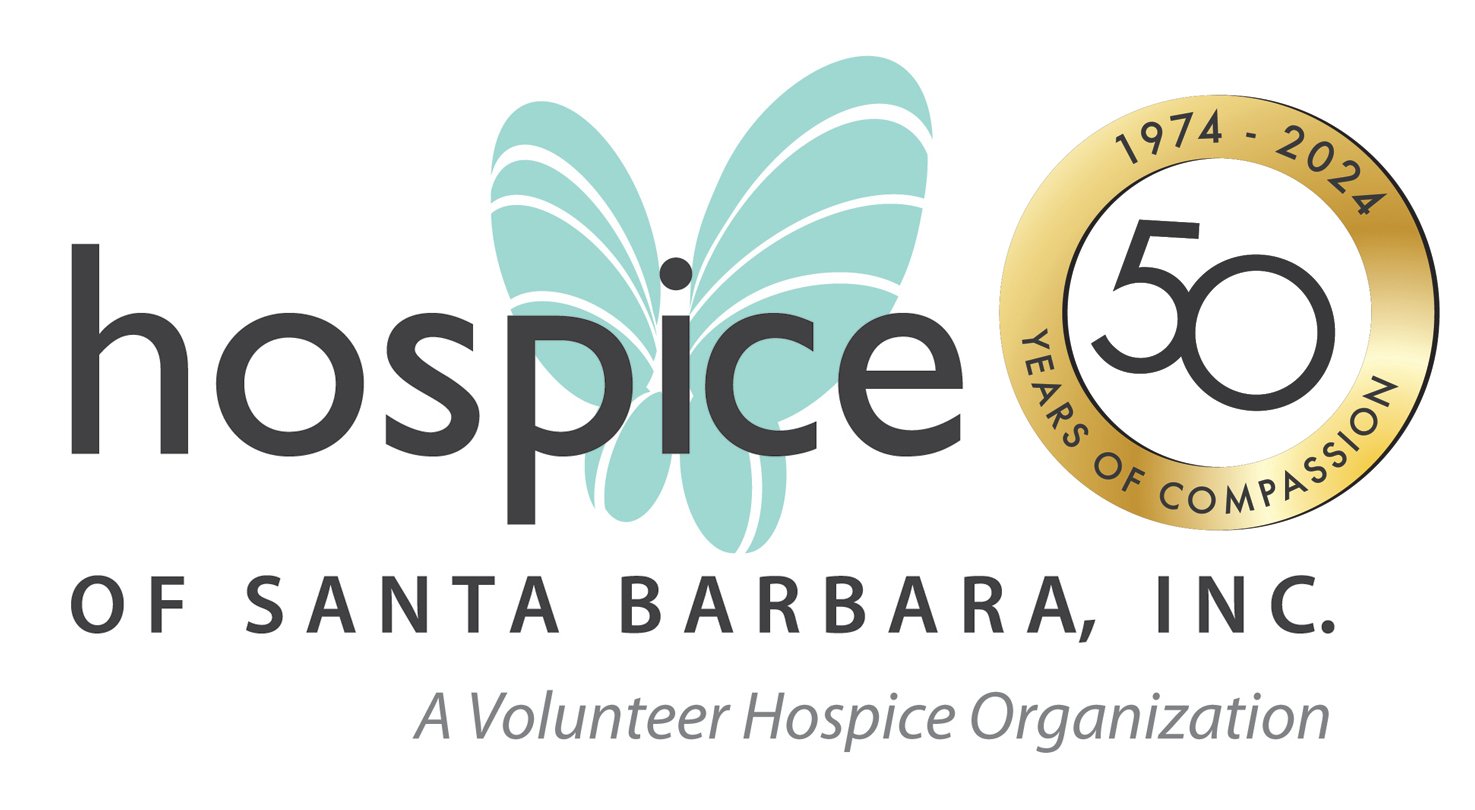Silence, at the threshold. I stand there, for a minute, honoring this sacred space, before entering Sarah House, the sanctuary where some from our Santa Barbara community come to live their final days. And die.
Getting to the threshold, one is reminded this is a home, not just a building, where love and affirmation abounds, where death is upheld and honored too. So I make it a habit to stand in silence each weekly visit. The silence reminds me, not only of others before me, but also of my own place in the human story of living and dying.
Silence also reminds me of the special caregiving that takes place here, and the cost of compassion.
Compassion fatigue is not burnout, though they can overlap. Burnout develops over time, and has been described as a cumulative process marked by mental, emotional and often physical exhaustion, leading to withdrawal and finally apathy. Compassion fatigue “is caused by empathy” according to psychotherapist Dennis Portnoy. Stress that results from empathy and caring can bring the caregiver to feeling traumatized herself, leading to irritability, difficulty sleeping, preoccupation with client or family, with visible signs of inability to function as well as before, working harder but accomplishing less, or losing satisfaction or joy.
What can we do about compassion fatigue?
Doing something creative like gardening gives us a retreat from burdens we carry internally as caregivers. How about enlivening former hobbies like knitting or crocheting, coin collecting or fishing?
Sports and recreation?
Joining a caregivers support group.
Caring for your spiritual self. Try meditation and deep breathing on a regular basis. Attend church, synagogue, mosque or temple for worship.
Enjoy your friends. Build new relationships. Laugh hard.
From the side of spirituality, there is no separation between the material self and the spiritual self. The human being is more than the body. Home is more than the house. When we do caregiving, we care for the illness and the physical symptoms of illness. But caregiving is more than about bodies and medicines. It is about the experience of illness. It is about thoughts and feelings. It is about fears and courage, and new emotional frontiers. It is about shifting priorities and relationships.
For the ancient Hebrews, the body does not have a soul, it is a soul. The house is never an empty one. For both the cared for and the caregiver.
Nelson Hayashida has served as a Spiritual Care Counselor at HSB since June of 2015. He moved to Santa Barbara from Pennsylvania in 2014 to take the position of Visiting Professor of Religious Studies at Westmont College during the sabbatical of a faculty member. He completed a year residency in Clinical Pastoral Education (C.P.E.) at Stanford University Medical Center/Palo Alto Veterans Administration Healthcare System in Palo Alto and another year residency in C.P.E. at Albert Einstein Medical Center in Philadelphia. He has had an enduring fascination with dreams and visions and their religious or spiritual implications for healing and growth. He and wife Sandra have two children and three grandchildren.

